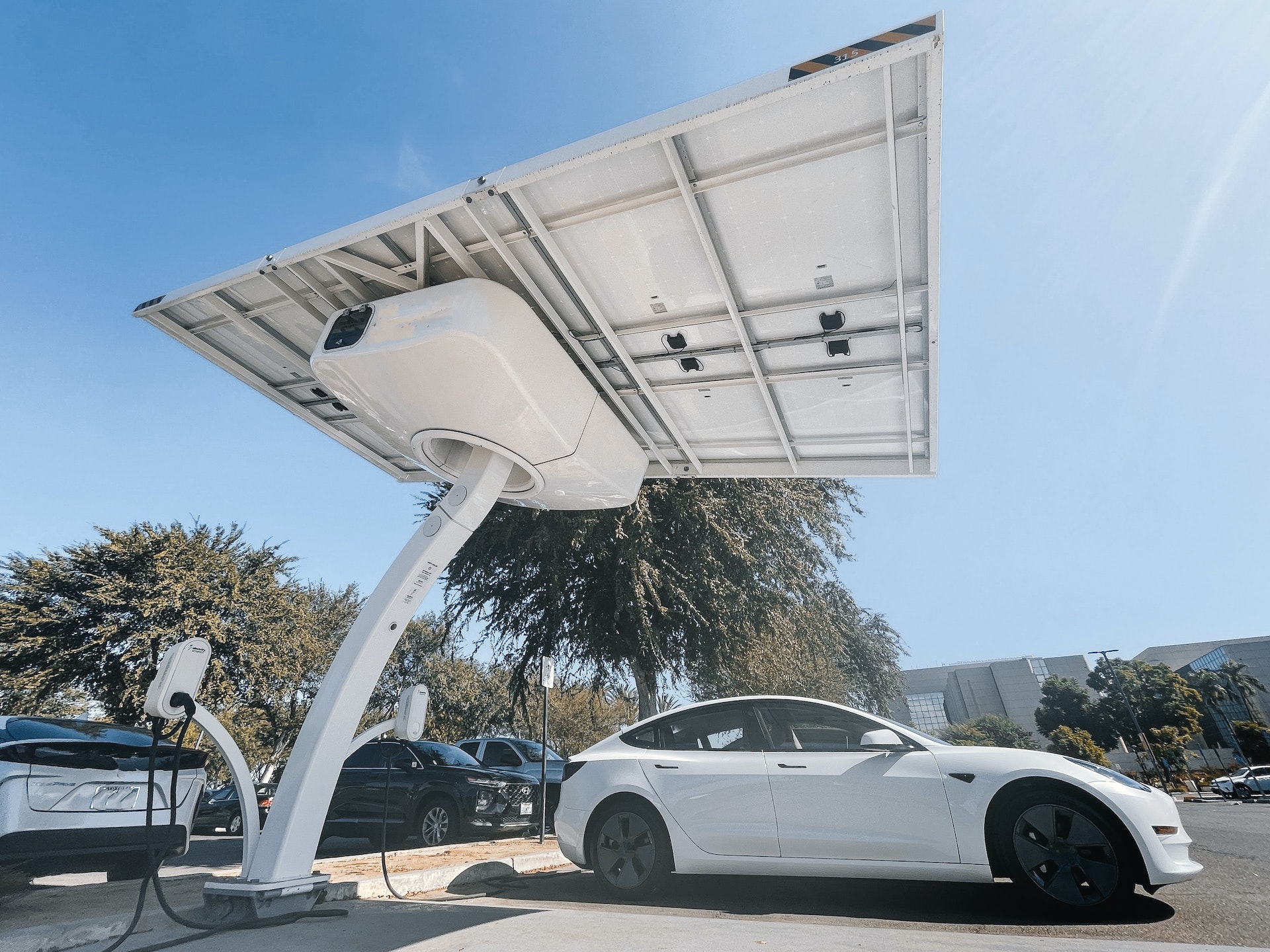As electric vehicles (EVs) become increasingly popular, there’s a growing emphasis on ensuring that their batteries don’t harm the environment post-use. Traditional recycling techniques, using the hydrometallurgy method, have been problematic due to their reliance on environmentally harmful chemicals and a significant loss of lithium during the process.
Now, researchers from Chalmers University of Technology in Sweden have introduced a game-changing method that prioritizes the eco-friendly extraction of metals from EV batteries.
Prioritizing Lithium and Aluminium Recovery The new technique flips the conventional approach on its head. Instead of focusing on the extraction of metals like cobalt, nickel, and manganese, the Swedish researchers target lithium and aluminium first. Their method successfully recovers 100% of aluminium and nearly all the lithium present.
The Power of Plant-based Chemistry The cornerstone of this groundbreaking approach is oxalic acid, a natural compound found in vegetables like rhubarb. Léa Rouquette, one of the researchers, remarked on the unique capability of oxalic acid to dissolve significant amounts of lithium while simultaneously extracting all the aluminium from the battery residue.
Once dissolved, separating the metals becomes an easier task, making the subsequent production of new batteries more efficient. “The process we’ve developed is a huge step forward in battery recycling, and we’re optimistic about its potential,” said Rouquette.
A Brighter, Greener Tomorrow Martina Petranikova, the team’s lead researcher, is hopeful that this technique can be commercialized in the near future, noting its scalability. Given the team’s history of expertise in this field, and their ongoing partnerships with industry giants like Volvo and Northvolt, their optimism seems well-founded.
In summary, as the world shifts towards a sustainable model, innovative solutions like this from the Swedish research team are invaluable. Their approach not only tackles a significant challenge in EV battery recycling but also reinforces the idea that the EV revolution can be both technologically advanced and environmentally conscious.
©globalgreenhouse.eu

